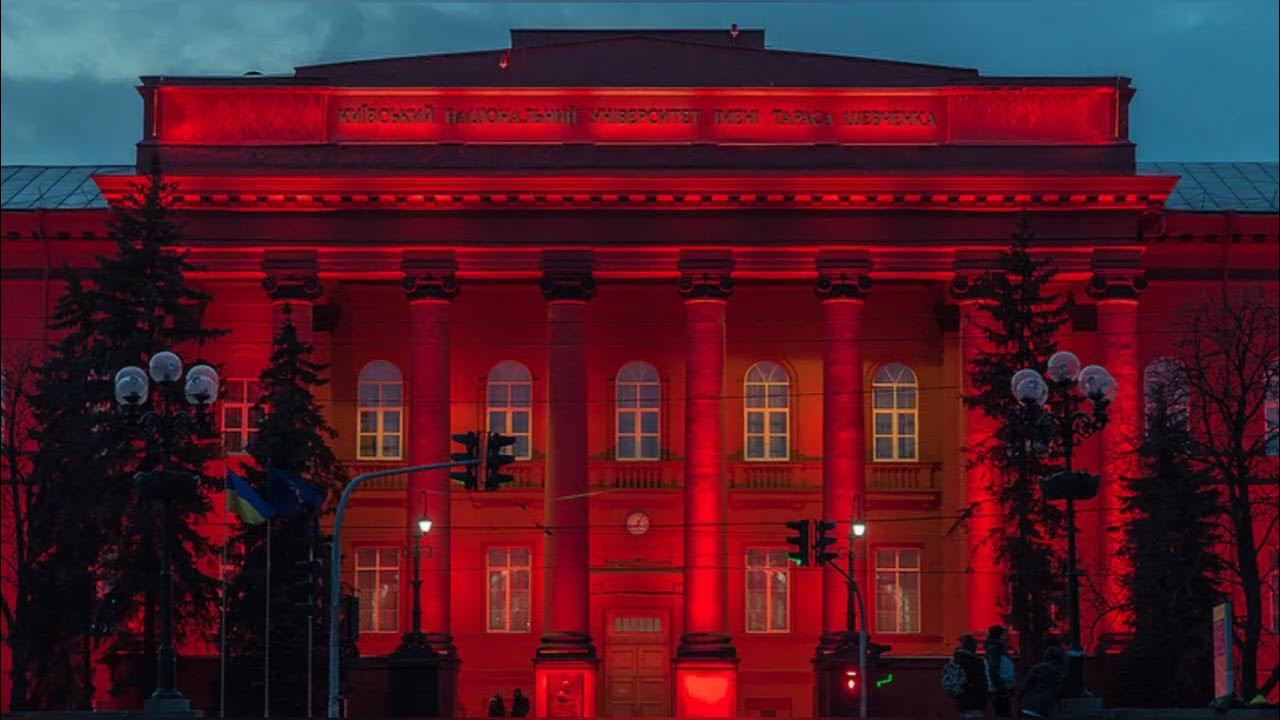The end of the era of “eternal rectors”: The Ministry of Health is preparing a large-scale reform of universities
3 November 20:20
Almost 50 rectors of higher education institutions (HEIs) in Ukraine will lose their positions in the near future. This was stated by Deputy Minister of Education Mykola Trofymenko in an interview with RBC-Ukraine, "Komersant Ukrainian" reports.
He explained that the country continues to pursue a course of consolidation of higher education institutions, and this will inevitably lead to the renewal of management teams. That is why a number of current leaders will lose their positions, as the law allows for no more than two consecutive terms of office. And the relevant Ministry will not support “formal reorganizations” that were sometimes used to circumvent the restrictions.
About 50 rectors, I think, somewhere around that. This will happen gradually, and elections will be held in pools. We have seen elections at the Ivan Franko National University of Lviv and at the Lviv Polytechnic. It was an absolutely beautiful, democratic, conscious procedure. And it was a celebration of democracy in the mature, effective staff of both universities: 8-9 candidates, debates, strategies, visions, a second round,” said Trofymenko.
According to him, the “era of eternal rectors” is coming to an end: a wave of personnel changes and improvement of the quality of administration, in particular through training programs for academic managers, are ahead.
At the same time, the Ministry of Education and Science does not divide institutions into “good” or “bad” ones: the result is determined by the team and the ability to compete for resources.
Read also: Ukraine needs 100 state universities instead of 151, – Mykhailo Vynnytskyi
The official noted that the process of optimizing the university network has not stopped and continues. The Ministry of Education and Science now has more than 120 universities under its jurisdiction, and there are some institutions of other central authorities. Financial resources are limited, so the state seeks to direct them to strong and effective institutions that can be community development centers, rather than to maintain formal existence without repairing infrastructure and updating material resources.
An important part of the discussion is the 30 displaced universities scattered across different cities: this year, many of them have received a symbolic number of applicants, so according to the formula for distributing state funds, they risk not receiving enough funding even for salaries. In such a situation, a logical step would be to merge with another institution in order to preserve the staff, research schools, and students.
In an interview with the media, Mykola Trofymenko also spoke about university mergers. In particular, he noted that this process will have tangible incentives. For example, the World Bank will invest $1.5 million in research equipment that will be comparable to that used by leading European laboratories. The Ministry is interested in the initiative coming from the bottom: from universities themselves, local authorities, and communities. Local support can come in the form of scholarships, subventions from local budgets, or service housing for scarce teachers.
Watch us on YouTube: important topics – without censorship
It should be noted that demography has become the “background” for the entire educational reform. A quarter of a century ago, schools produced about 800,000 graduates annually, while today they produce about 500,000, including the occupied territories and those abroad. Under these conditions, optimizing the network and consolidating universities seems not only financially feasible but also inevitable. It is expected that in the coming years the number of universities will decrease, but those that remain will have more opportunities to develop science and education.
Read us on Telegram: important topics – without censorship









